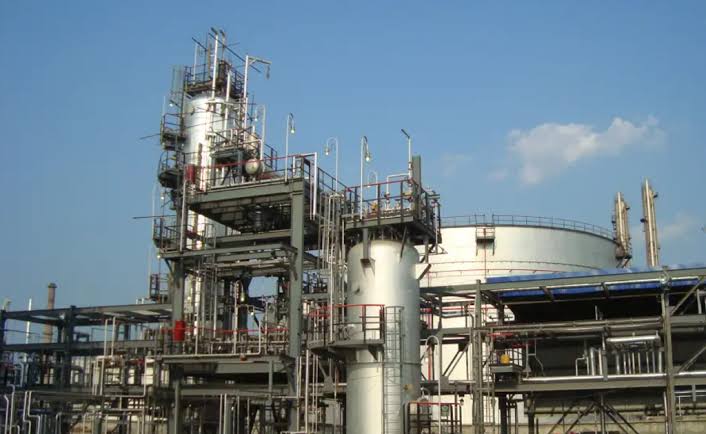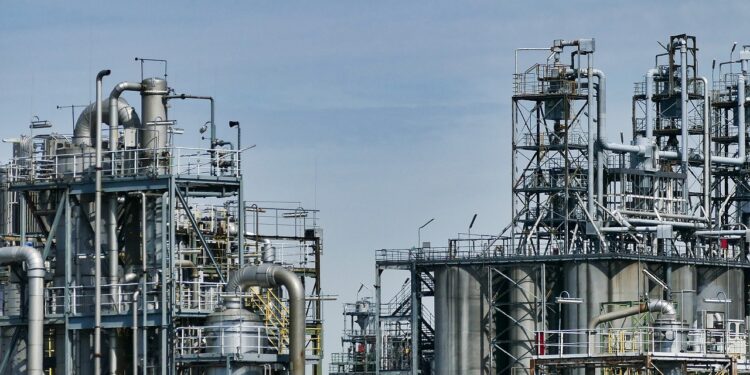The Port Harcourt Refinery in Rivers State has officially commenced crude oil processing, marking a significant milestone for Nigeria’s energy sector.
This announcement was made by the Chief Corporate Communications Officer of the Nigerian National Petroleum Company Limited (NNPCL), Femi Soneye.
A Landmark Achievement
Femi Soneye described the development as a “monumental achievement,” stating that it signals a new era of energy independence and economic growth for the nation. He praised the leadership of President Bola Ahmed Tinubu, the NNPC Board, and the Group Chief Executive Officer (GCEO), Mele Kyari, for their commitment to revitalizing the refinery.
“Today marks a monumental achievement for Nigeria as the Port Harcourt Refinery officially commences crude oil processing. This groundbreaking milestone signifies a new era of energy independence and economic growth for our nation,” Soneye said.

The refinery’s progress also includes plans to commence truck loading, ensuring the distribution of refined products. In addition, the NNPCL is working to revive the Warri Refinery, further bolstering Nigeria’s domestic refining capacity.
Why It Matters
The Port Harcourt Refinery’s resumption of crude oil processing is a crucial step in addressing Nigeria’s long-standing reliance on imported refined petroleum products. Despite being Africa’s largest crude oil producer, Nigeria has struggled with fuel import dependency due to inadequate refining infrastructure. This has placed immense pressure on the economy, leading to fuel scarcity and high prices.
Reviving domestic refining capabilities promises several benefits:
- Energy Independence: Reducing reliance on imported fuel strengthens national energy security.
- Economic Growth: Local refining lowers import costs, creates jobs, and potentially stabilizes fuel prices.
- Regional Development: The project contributes to Rivers State’s economic development and positions Nigeria as a potential exporter of refined products.
Overcoming Past Challenges
The refinery’s launch comes after multiple missed deadlines and prolonged delays in the rehabilitation of Nigeria’s refining sector. These challenges have previously undermined public confidence in the government’s ability to deliver on its energy promises. The commencement of operations at the Port Harcourt Refinery demonstrates progress and signals a renewed commitment to addressing these systemic issues.
Bottom Line
The successful activation of the Port Harcourt Refinery is a pivotal moment for Nigeria’s oil and gas sector, paving the way for increased domestic refining capacity, energy independence, and economic resilience. While the road ahead requires sustained effort—such as ensuring the Warri Refinery’s revival and maintaining operational efficiency—this development is a step forward in reshaping Nigeria’s energy landscape.
















